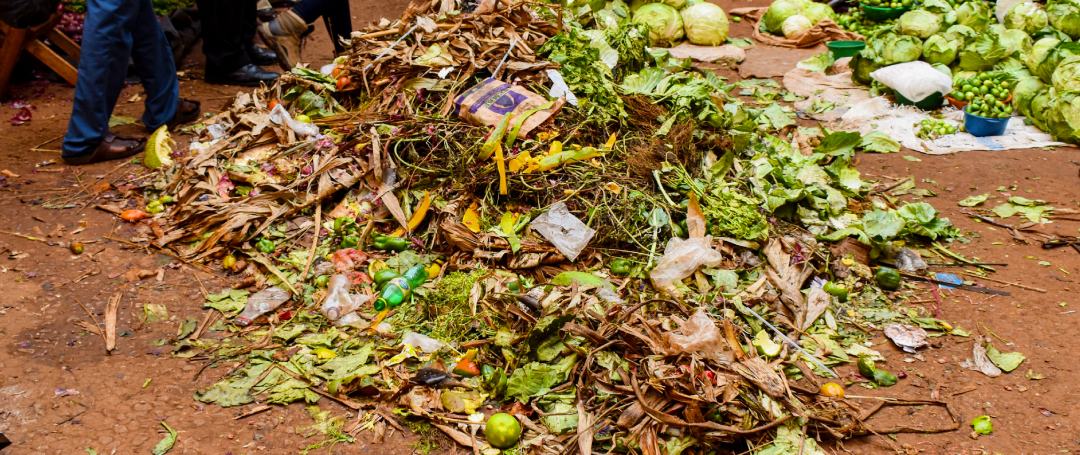
Shanoja Integrated Farm has adopted “re-use” as its waste management strategy. The farm employs the fairly novel approach of biowaste conversion by insect larvae of the Black Soldier Fly (BSF), Hermetia illucens, an approach that has obtained much attention in the past decade. Its popularity links to the promising opportunities of using the harvested BSF larvae as a source of protein for animal feed, thus, providing a valuable but cheaper and more sustainable alternative to conventional feed. Most economic benefits associated with the BSF technology lie in the fact that this treatment method valorizes low-value organic waste into high-value protein at relatively low cost (Spranghers et al. 2017; Diener et al. 2009b). Other products from this strategy include bio-fertilizer, BSF oil, and BSF powder Feeding waste to BSF larvae has been shown to inactivate disease transmitting bacteria, such as Salmonella. This implies that the risk of disease transmission between animals and humans is reduced when using this technology at farm level or when treating waste of animal origin in general (e.g. chicken manure or slaughterhouse waste).
The farm employs the co-operative strategy to boost production and scale up adoption of the concept. Here, the farm works with the production department at the subcounty levels and Parish chiefs within Mukono district to map out farmer groups and individual farmers involved in livestock rearing. The farm trains them on re-use of their own generated organic farm waste and take advantage of any organic waste in their neighborhood to produce BSF larvae for feeding their livestock; bio fertilizer to rejuvenate the soils and improve productivity. This approach enhances adoption of the technology and boost sustainable organic waste management practices.
